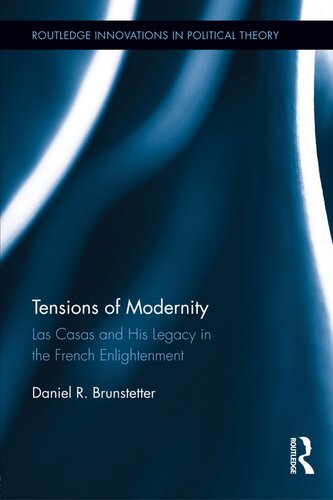

Most ebook files are in PDF format, so you can easily read them using various software such as Foxit Reader or directly on the Google Chrome browser.
Some ebook files are released by publishers in other formats such as .awz, .mobi, .epub, .fb2, etc. You may need to install specific software to read these formats on mobile/PC, such as Calibre.
Please read the tutorial at this link: https://ebookbell.com/faq
We offer FREE conversion to the popular formats you request; however, this may take some time. Therefore, right after payment, please email us, and we will try to provide the service as quickly as possible.
For some exceptional file formats or broken links (if any), please refrain from opening any disputes. Instead, email us first, and we will try to assist within a maximum of 6 hours.
EbookBell Team

4.3
78 reviewsPolitics today is marked by tension between claims of universal human rights and diversity. From the war on terror to immigration, one of the major challenges facing liberalism is to understand the scope of equality in a world in which certain peoples are perceived to reject and/or violently resist democratic principles.
This book revisits Europe’s initial encounter with the Native Americans of the New World to shed light on how the West’s initial defense of so-called ‘barbarians’ has influenced the way we think about diversity today, and elucidate the arguments of exclusion that unconsciously permeate the moral world we live in. In doing so, Daniel R. Brunstetter traces Bartolomé de Las Casas’s oft heralded defense of the Native Americans in the sixteenth century through the French Enlightenment. While this defense has been rightly lauded as an early example of human rights discourse, tracing Las Casas’s arguments into the eighteenth century shows how his view of equality enabled arguments legitimizing the annihilation by ‘just’ war of those perceived to be ‘barbarians’.
This philosophical narrative can be useful when thinking about concepts such as just war, multiculturalism, and immigration, or any area in which politics confronts radical difference.